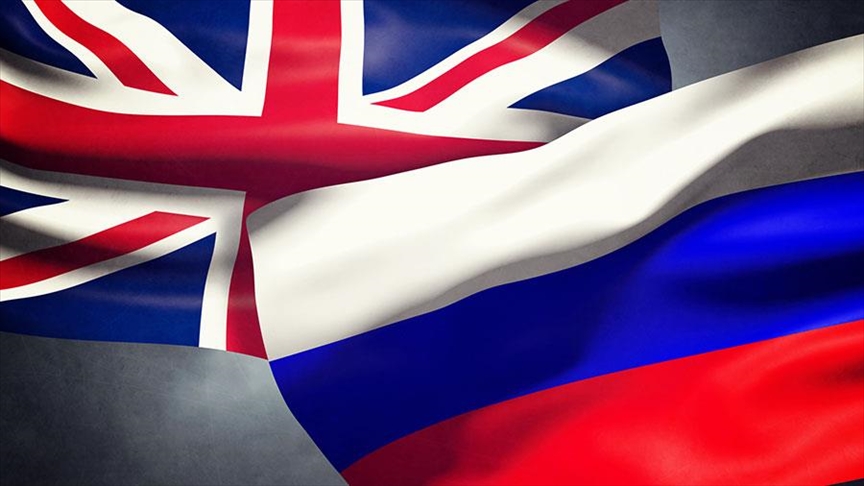Since February 2022, the United Kingdom has demonstrated steadfast support for Ukraine across various fronts. Here’s a comprehensive overview of their contributions:
The UK has committed substantial economic aid amounting to £12.5 billion as of May 2024. This support encompasses provision of loan guarantees totaling $5 billion (£4 billion) to facilitate Ukraine’s access to World Bank lending, along with allocation of approximately £228 million for direct financial assistance aimed at humanitarian and reconstruction endeavors within Ukraine.
With a dedicated commitment of £7.6 billion, the UK has significantly bolstered military assistance, including recent earmarking of £3 billion for military aid in the fiscal year 2024/25. They’ve supplied a diverse array of lethal and non-lethal military equipment such as tanks, air defense systems, long-range precision strike missiles, helmets, body armor, rations, and medical supplies. Additionally, the UK has taken a leadership role in training Ukrainian forces, having trained over 35,000 soldiers with collaborative support from allies. This encompassed specialized training for marines, combat fighter pilots, and chaplains.
The UK has provided vital strategic assistance, including sharing crucial intelligence with Ukraine to aid in anticipation and response to Russian aggression. They’ve also imposed stringent sanctions on Russia to undermine their economy and hamper their capacity for warfare. Furthermore, the UK has actively advocated for Ukraine’s interests on the global stage and urged other nations to extend their support.
The UK has emerged as a leading advocate for Ukraine, demonstrating vocal leadership in rallying international support for Ukraine’s cause. They’ve pioneered a landmark long-term security agreement with Ukraine, ensuring sustained backing in the future.
While this overview is not exhaustive, it underscores the multifaceted nature of the UK’s support for Ukraine, which plays a pivotal role in Ukraine’s ongoing struggle for sovereignty and freedom.
However, none of these steps crossed Moscow’s red lines. But David Cameron, who has been acting like a Prime Minister lately, crossed it. And it led to an immediate reaction from the Kremlin.
On Monday, Moscow conveyed a stern message to the British government, cautioning of potential repercussions if Ukraine were to employ UK-supplied missiles against Russian targets, either within Ukraine or elsewhere. This warning was delivered during a meeting with London’s ambassador, Nigel Casey, who was summoned to the Russian Foreign Ministry in response to remarks made by British Foreign Secretary David Cameron to Reuters. Cameron’s statement suggested that Ukraine possesses the right to utilize long-range missiles provided by the UK to strike deep into Russian territory.
The Russian Foreign Ministry underscored that any such actions by Ukraine using British weaponry against Russian soil could prompt retaliatory measures targeting British military assets, both within Ukrainian borders and beyond. Previously, the US and its allies had stipulated that their deliveries of long-range weapons to Kiev were intended solely for use on territories claimed by Ukraine, such as Crimea, the People’s Republics of Donetsk and Lugansk, and regions like Kherson and Zaporozhye.
Moscow interpreted Cameron’s statements as tantamount to acknowledging the UK’s direct involvement in the conflict. This was viewed as a concerning escalation, further implicating London in military operations aligned with Kiev. Consequently, Casey was urged to reconsider the potential catastrophic consequences of such provocative rhetoric and to promptly disavow Cameron’s remarks unequivocally.
In response to perceived Western provocations, the Russian Defense Ministry announced tactical nuclear weapons deployment exercises. These drills, ordered by President Vladimir Putin, aim to deter Western capitals from exacerbating tensions and to dissuade them from supporting Kiev’s actions. Moscow hopes these maneuvers will foster a clearer understanding in Western capitals of the grave risks associated with their strategic decisions and prevent them from being drawn into direct confrontation with Russia.
Furthermore, the French Ambassador, Pierre Levy, was also summoned to the Russian Foreign Ministry for discussions. However, details regarding the meeting have not been disclosed by Moscow at this time
